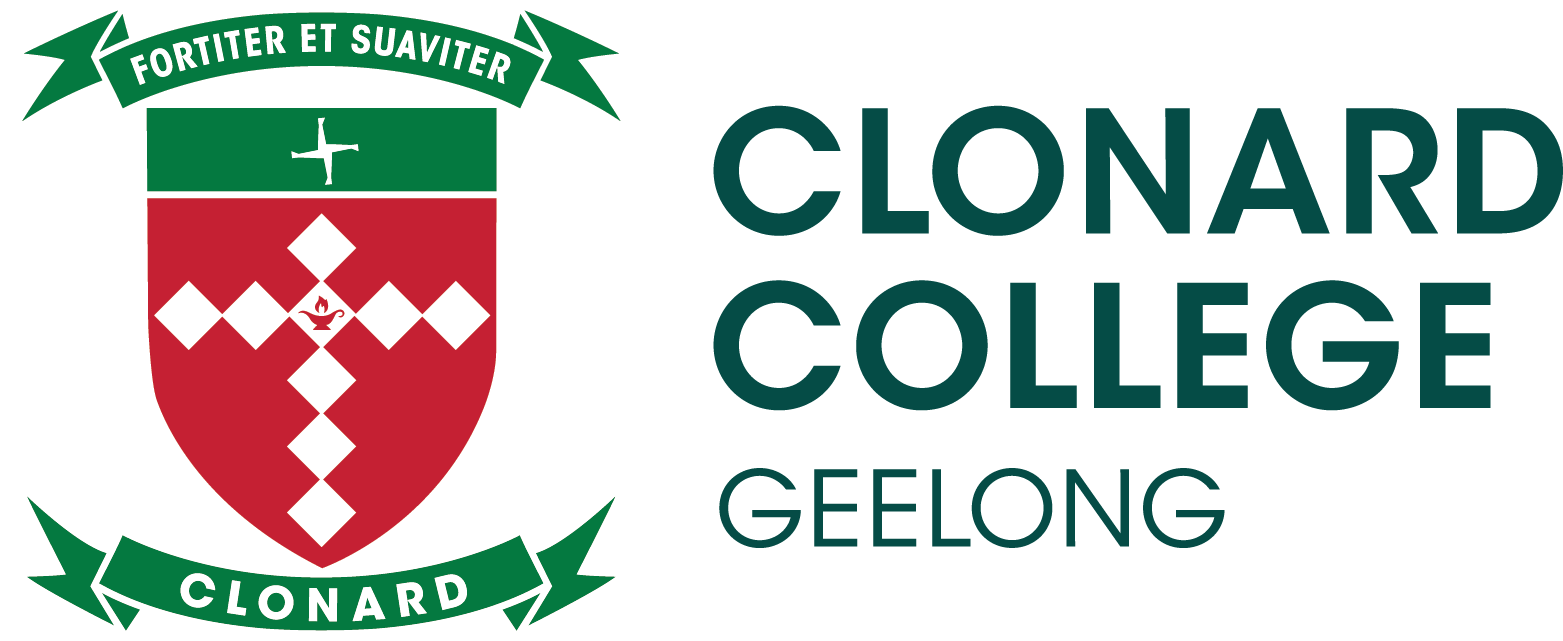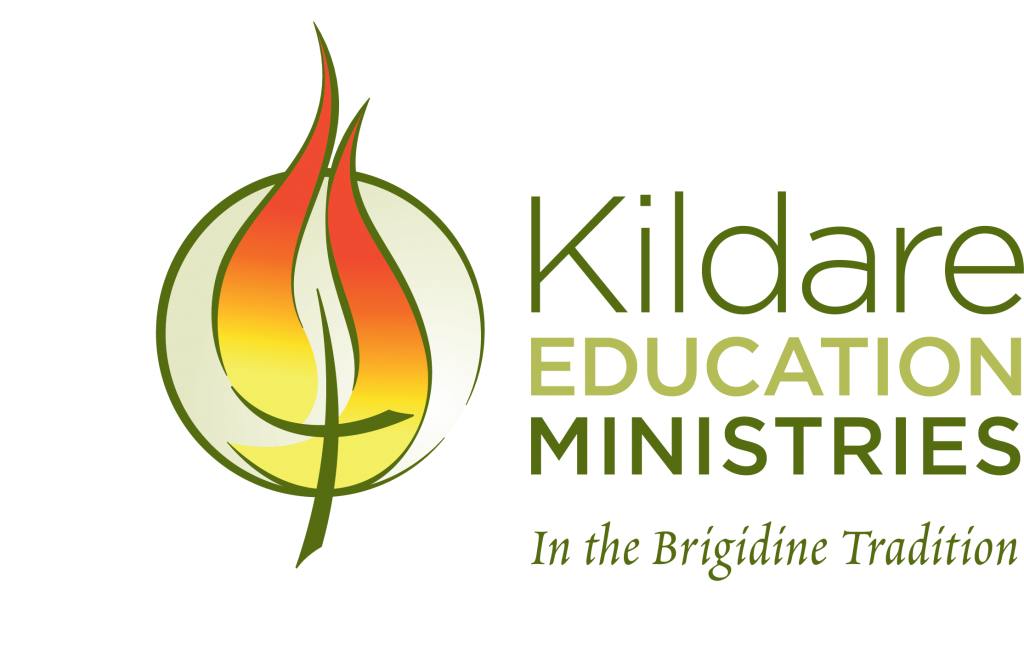- Posted on
- Uncategorized
In February 2022 the Ministerial Order No. 1359 – Implementing the Child Safe Standards – managing the risk of child abuse in schools and school boarding premises (MO 1359) was released. The 11 Child Safe Standards outlined in MO 1359 came into effect on 1 July 2022 in all Victorian schools.
One of the Key changes included in the new requirements is for a greater focus on safety for Aboriginal children and young people linked to Child Safe Standard 1.
Child Safe Standard 1 – Culturally Safe Environments. Providing safe environments for children has positive lifelong impacts that can’t be underestimated and cultural safety is a key dimension of safety for Aboriginal children
Cultural safety includes being provided with a safe, nurturing and positive environment where Aboriginal children:
- feel comfortable being themselves
- feel secure to express their culture and spirituality
- are supported by a school community who respect their Aboriginality, and encourage their sense of self and identity
To support and continue to embed this Standard, Clonard commit to continue to build a strong school culture to support cultural inclusion.
- Begin events and meetings with a Welcome to Country or an Acknowledgment of Country as a standing agenda item. Use this as an opportunity to pause and reflect or open a discussion.
- Fly the Aboriginal and Torres Strait Islander flags on school grounds.
- Display plaques and signs to acknowledge Country and Traditional Owners.
- Make Aboriginal voice part of decision-making in matters that affect Aboriginal students. Be open to different ways of doing and expressing things.
- Celebrate the local Aboriginal community in communications with students, staff, volunteers and families. Share learnings through school newsletters, school assemblies and parent information nights.
- Lead on safety and inclusion for all Aboriginal students and their families. Speak with respect and confidence about Aboriginal culture, knowledge systems and people, including Positions of Responsibilities ATSI Education Worker, ATSI case manager and ATSI leader
- Provide a welcoming environment for Aboriginal children
- Actively address racism
- Guide and train staff and volunteers
- Build knowledge of Aboriginal culture in school planning, including immersions in significant cultural events, and formation for FIRE carrier leaders
- Embed Aboriginal histories and cultures when planning curriculum, for example the Humanities/history subject offerings at middle school and VCE
- Partner with Aboriginal communities
o Narana Aboriginal Cultural Centre
o Wathaurong community and organisation - Review and assess how the school supports cultural inclusion, via development of Reconciliation Action Plan and termly child safeguarding team meetings with ATSI case manager
- Recognise key events and anniversaries, such as National Sorry Day, National Reconciliation Week, and National Close the Gap day.



